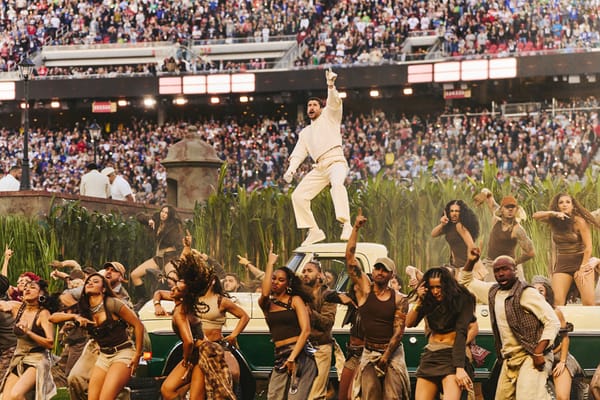The Doctrines and Debauchery of Baseball and Pool
In Bull Durham and The Color of Money, sports are sex, success is self-discipline, and serenity is surrender.

“You gotta play this game with fear and arrogance.” That is the advice Crash Davis gives to his apprentice Ebby Calvin “Nuke” LaLoosh in Bull Durham when Nuke gets promoted to the major leagues. In The Color of Money, “Fast” Eddie Felson says something similar to his student, Vincent Lauria: “You gotta have two things to win. You gotta have brains and you gotta have balls.” In both cases the films label apparently opposing characteristics as essential to success: playing with wisdom and restraint and playing with pride and vigor. The relationships between teacher and pupil at the centerpiece of each film exemplify the tenuous balance between these modes of performance.
The pairing of a wise master with a talented but erratic student is a well-worn trope, especially so in the high-concept formula-driven world of 1980s American cinema. But among the crowd of films invoking this trope, Bull Durham and The Color of Money are unique in their centering of the teacher over the student. Even if The Color of Money fits snugly into the ten-part formula to a Tom Cruise picture Roger Ebert laid out in 1990, the film is just as much, probably more so, Paul Newman’s. Rather than having the mentor be a static sage only there as an instrument in the young phenom’s development, these films focus on how said phenom rubs off on the mentor and calls into question the mentor’s own relationship with his chosen craft.
In Bull Durham and The Color of Money, baseball and pool are no mere games. They are intimate rituals, deeply sexual performances of virility. But to master them requires a submission of one’s ego and a weathering away of one’s erotic passion. It is in this weathered state that we find Crash Davis and Eddie Felson at the beginning of these films, dispassionate keepers of their arcana. But teaching Nuke and Vincent forces them to reengage with the intimacy of their games and make themselves more vulnerable. For Crash this means letting go of the game that has ruled him for so long, and for Eddie it means thrusting himself headlong back into it.




